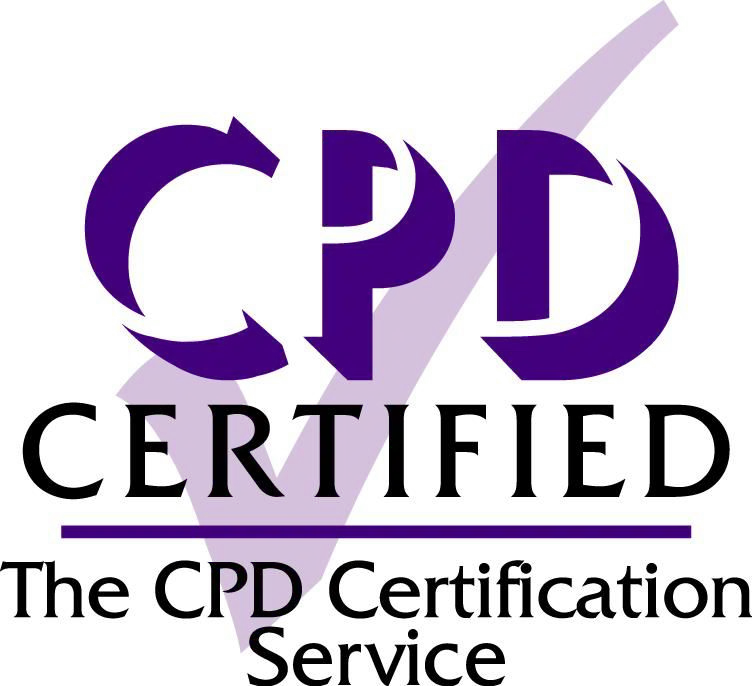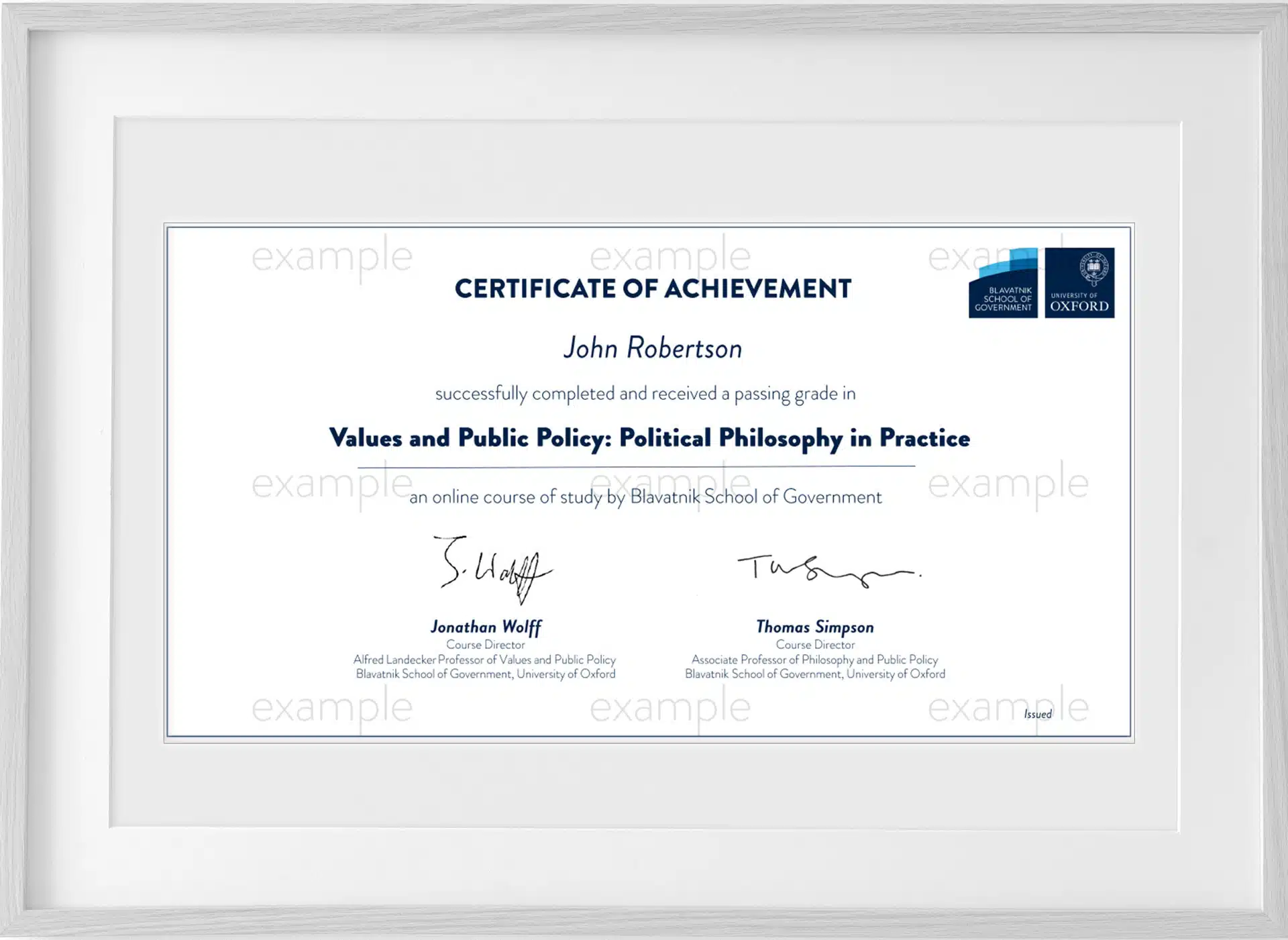During the programme, you will have the opportunity to attend live sessions with your Facilitator and fellow students. All sessions are optional. If you cannot attend, you will have full access to recordings after each one.
Week one: welcome and introductions
This session is a chance to meet your Facilitator and introduce yourself to your peers. The Facilitator will give you an overview of the course, and you will have the chance to ask any questions and to have an open discussion with other learners.
Week five: Q&A and final assessment preparation
At this stage in the course, it is a good time to hear reflections and general feedback from your Facilitator on any common misunderstanding or themes identified in the discussions and assessments. You will be able to ask your questions and engage in an open discussion with your peers. There is also the opportunity to look ahead and receive feedforward before your final assessment.









